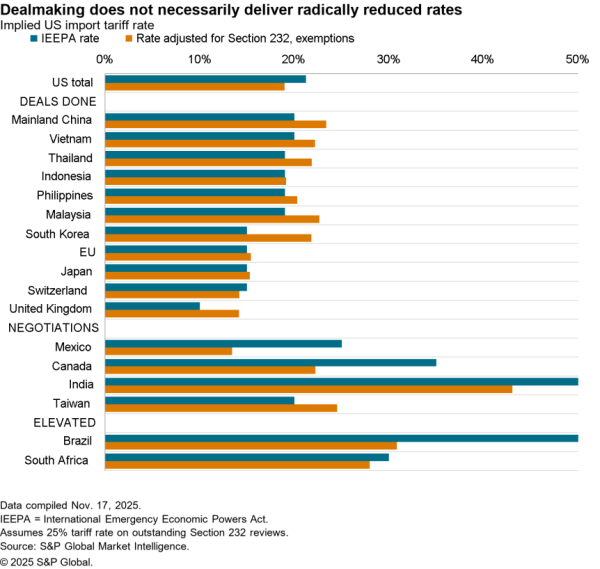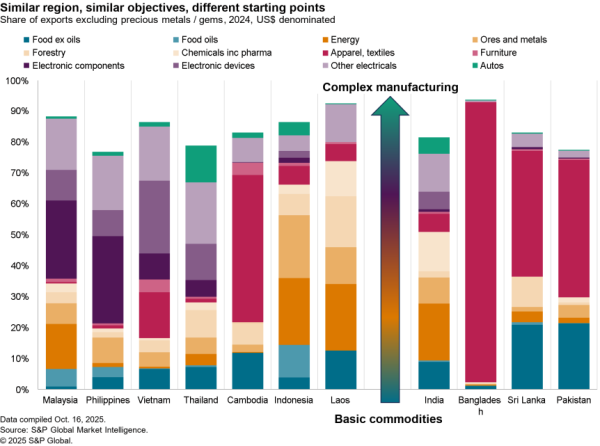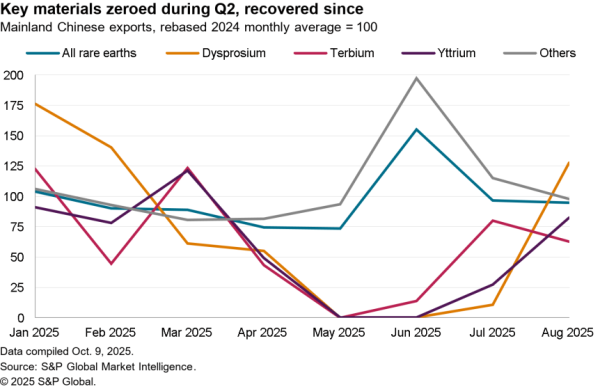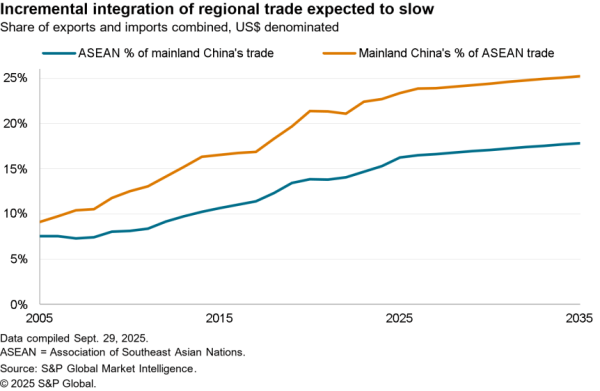Home appliance manufacturer iRobot reported an increase in its inventory balance to the equivalent of 140 days of sales at the end of 1Q 2019 from 110 days a year earlier. That’s largely been down to the impact of stockpiling ahead of anticipated tariff increases on Chinese imports from the U.S.
The firm has increased its prices “at the beginning of the year to partially offset the impact of tariffs“, CEO Colin Angle has stated according to S&P Global Market Intelligence.
The firm expects a high level of inventory balance to continue as it introduces new models and carries out a “supply chain diversification” strategy. Panjiva analysis of company financial data shows inventories reached a record high in 1Q after climbing 61.6% year over year versus revenues which increased just 9.4%.

Source: Panjiva
Panjiva data shows iRobot has little choice – or little evidence of change – based on its current supply chain with effectively all its 2.6k TEUs U.S. seaborne imports of vacuum cleaners being sourced either directly from China or indirectly via Hong Kong in the 12 months to Mar. 31.
There’s also little sign that the company has scaled back its sourcing with U.S. seaborne imports that climbed 9.1% year over year in 1Q 2019.

Source: Panjiva
iRobot’s competitors are in a similar position with Bissell – the number one importer with 21.8k TEUs imported in the 12 months to Mar. 31 – and Sharkninja sourcing all their vacuum cleaner imports from China and Hong Kong. At the premium end though Dyson sources its 2.7k TEUs of cleaners from Malaysia while Miele imported 2.6k TEUs from Germany.

Source: Panjiva




